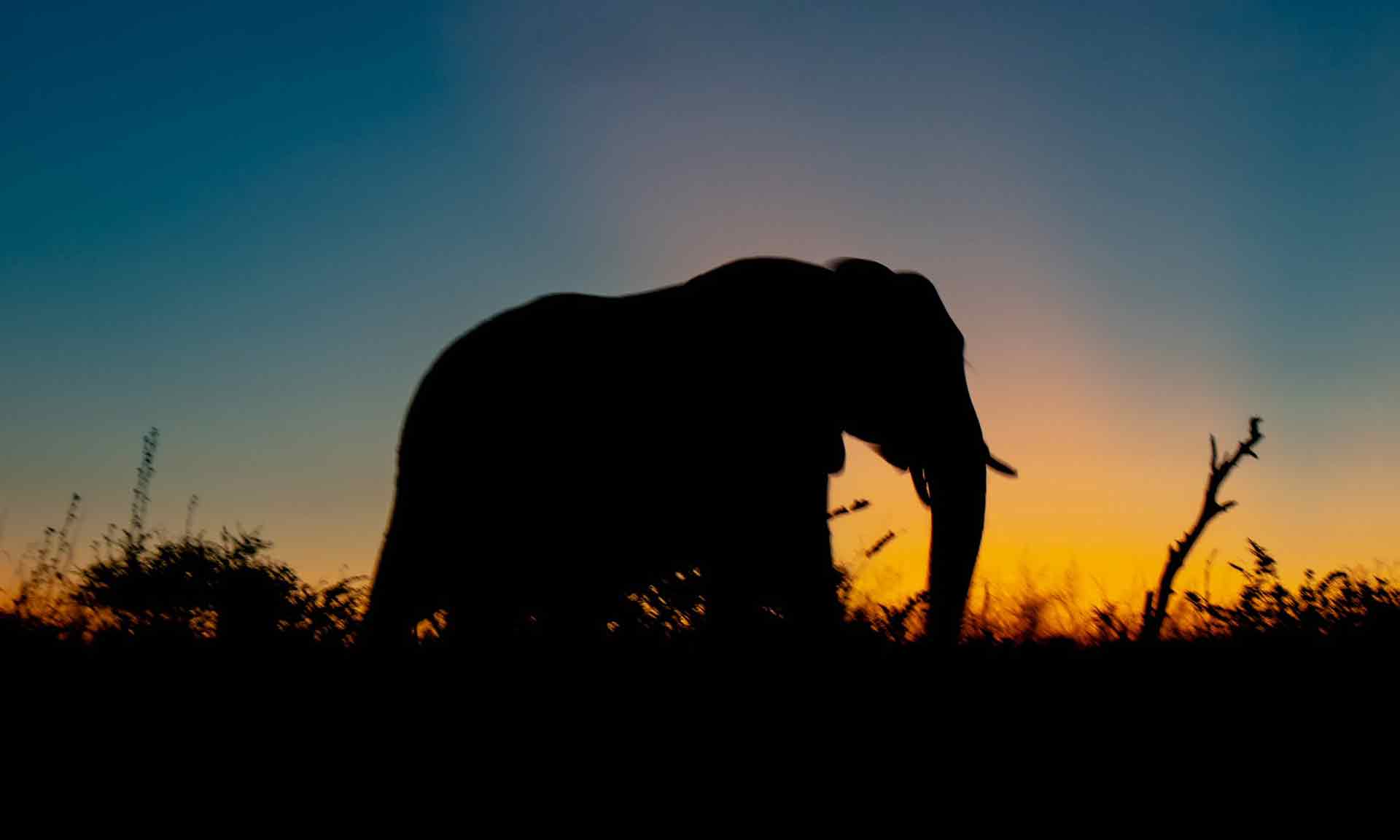- Says elephants destroy farmers crops and boreholes something which makes it difficult for them to fend for themselves
- Lucas is of the view that the Gov’t should explore culling elephants in the Bobirwa area
- Over 1000 elephants said to be roaming in the region
TLOTLO KEBINAKGABO
Elephants roaming in the Bobirwa area are causing a havoc to farmers and the general public in the region, Member of Parliament (MP) for the Bobonong constituency Taolo Lucas has said in an interview this week.
According to Lucas, there are large numbers of elephants in the region which cause harm to farms as they destroy their crops and boreholes, something which makes it difficult for them to fend for themselves.
“The real concern is that these elephants are largely found in the reserves of which means that they attract tourists for such reserves,” he said. “However, what happens is that when they have over graced such game reserves, they go to the community and destroy the crops, environment as well as boreholes. With that, it means that the game reserve owners make money out of the elephants while farmers (community) lose a lot of their livelihoods to those elephants. The issue is that elephants are making money for some and destroying livelihoods for a lot of people.”
It is estimated that there are between 1200 and 1500 elephants in Bobirwa area, this was said by the Minister of Environment, Natural Resources Conservation and Tourism Philda Kereng before parliament this week. With that, Lucas is of the view that the government should explore removing some elephants from the area to other parts of Botswana. “Culling should also be considered as an option, I am not saying elephants should be killed but I am saying culling should be explored as an option,” he said. Lucas’s constituency (Bobonong) is the flagship village of the Bobirwa Sub District which is the home to the Tuli Block area where the Northern Tuli Game Reserve is located.
The Bobonong constituency MP’s elephant concerns irked him to this week ask Kereng whether the population of elephants in Bobirwa has not exceeded the carrying capacity of the available land in the area. He also asked her the nature of elephant population management strategies employed by her Ministry in the Bobirwa area.
In response, Kereng noted that the elephant population in the area fluctuates because of movements depending on rainfall and range conditions. “Therefore, it is difficult to make a scientific or management determination as to whether the elephant population in Bobirwa has exceeded its ecological carrying capacity or not,” Kereng noted. She also noted that the focus of elephant management in the area is on managing impacts that elephants have on people and their environment.
The excessive number of elephants in Botswana has always been a topical issue as after introducing the elephants hunting ban last year, President Mokgweetsi Masisi noted that the country’s elephant population is exploding something which is a concern to the country’s fragile environment. “With elephants moving out of their usual range in search of food and water, there has been a sharp increase in the number of dangerous human-elephant interactions, one result of which has been widespread destruction of crops, livestock, and property. In the north, marauding elephants have slashed maize yields by three-quarters,” he said in a statement last year.




